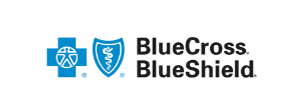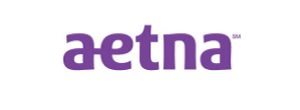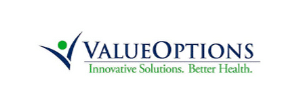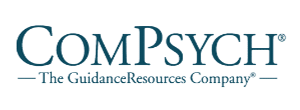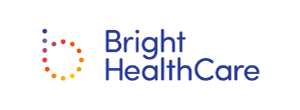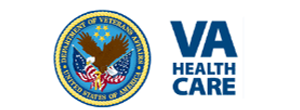Family Program
Family makes up an important part of the healing process. For that reason, Southeast Addiction Center created a family program. While our mission aims to offer a recovery process, we also look to repair damage. Families must involve themselves in the healing process whenever possible. Southeast Addiction Center works with families.
At SEA, we hope to improve the understanding of addiction and recovery. Doing so provides real advantages. The more a patient and their family understand each other, the more they progress together. The more they progress, the more they inch toward wholeness and reconciliation.
What Happens In A Family Program?
No one ought to travel the road to recovery in solitude. People struggling with substance use disorder (SUD) spend enough time on their own. They tend to isolate themselves from those that care about them. As such, they live cut off from meaningful human contact. That’s no way for a person to live.
Southeast Addiction Center’s family program recruits the family into the recovery process. Our client selects members of their family that they wish to participate. With our client, those family members attend a session of family therapy. A counselor helps mediate each family therapy session.
How long does the family program last? As long as it needs to! No two clients have the same recovery process. So, no two families will experience the exact same family program. Southeast Addiction Center customizes each family program to suit each unique client.
Why Do We Need Family Therapy?
Make no mistake, Southeast Addiction Center intends to change lives. We believe our clients have that power. They have the power to overcome past mistakes. To turn hurt into hope. We’ve seen it time and time again. And our new clients continue that trajectory.
However, family dynamics influence people. We all like to think of ourselves as individuals. But in many ways, we take on the traits of our environments. Those traits might appear normal. The family members might not know otherwise.

But families often develop maladaptive patterns of communication. These patterns often ingrain themselves deeply into relationships. So much so, that families do not notice the devastation these maladaptive patterns can cause.
If a family has no awareness of its own problems, it cannot make changes. SEA’s family program helps families gauge the quality of their communication. Armed with this knowledge, the family can take steps toward improvement.
How Does A Family Therapy Session Work?
If you’ve never participated in a family therapy session, take heart. SEA can guide you through this process. We can answer any and all questions you have. Do not worry. We handle family matters with the utmost discretion and courtesy.
First and foremost, remember honesty. Tell the truth. Now, the truth may appear ugly. Sometimes, truth causes pain. But deceit and secrecy only make this pain worse. For healing to occur, family members must remain honest and truthful.
Openness serves family therapy sessions well. Family members must lower their defenses. In our family program, one must prepare for uncomfortable emotions. The recovery process necessitates such feelings. Become vulnerable and embrace openness. Do not deflect or assume a defensive posture.
Who Is Eligible For The Family Program?
All of SEA’s clients may opt for our family program. No two people are alike. Likewise, families will each have different challenges and obstacles. When it comes to treatment and recovery, SEA knows that one size does not fit all. Families might include fathers, mothers, and siblings. But “family” can have a variety of meanings. SEA does not determine what constitutes a family. That decision remains with the client. We all know that blood doesn’t make people family. Meaning makes people family. Who gets to go to family therapy sessions? Whoever has the will to honor your recovery process.
How Can I Get More Information?
Would you like more information about Southeast Addiction Treatment Center? Visit our Services page to learn more about our treatment options. Also consider our FAQ and Testimonial pages as well. These pages can help you find answers to various questions.
Our Programs

About Us




